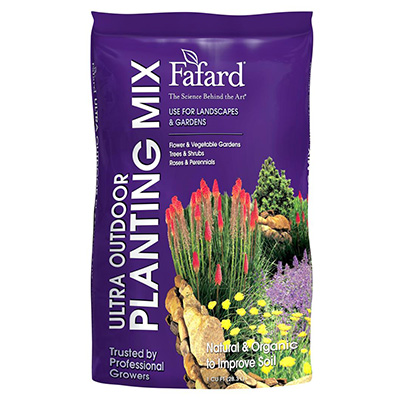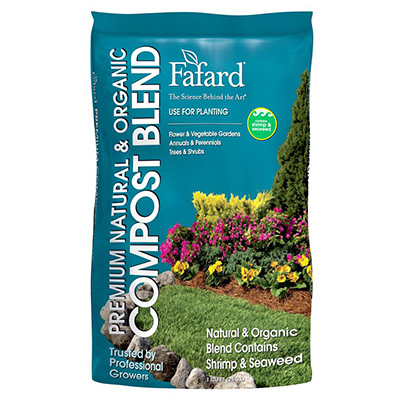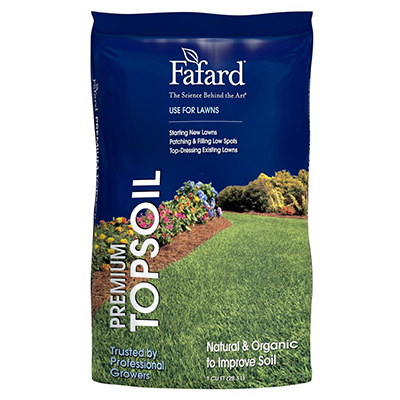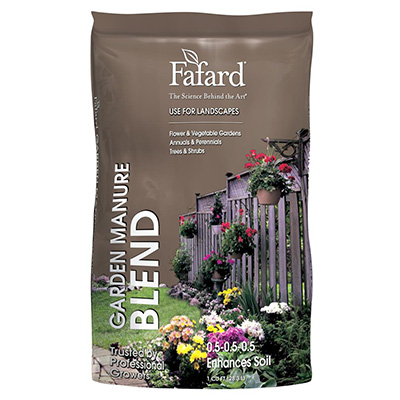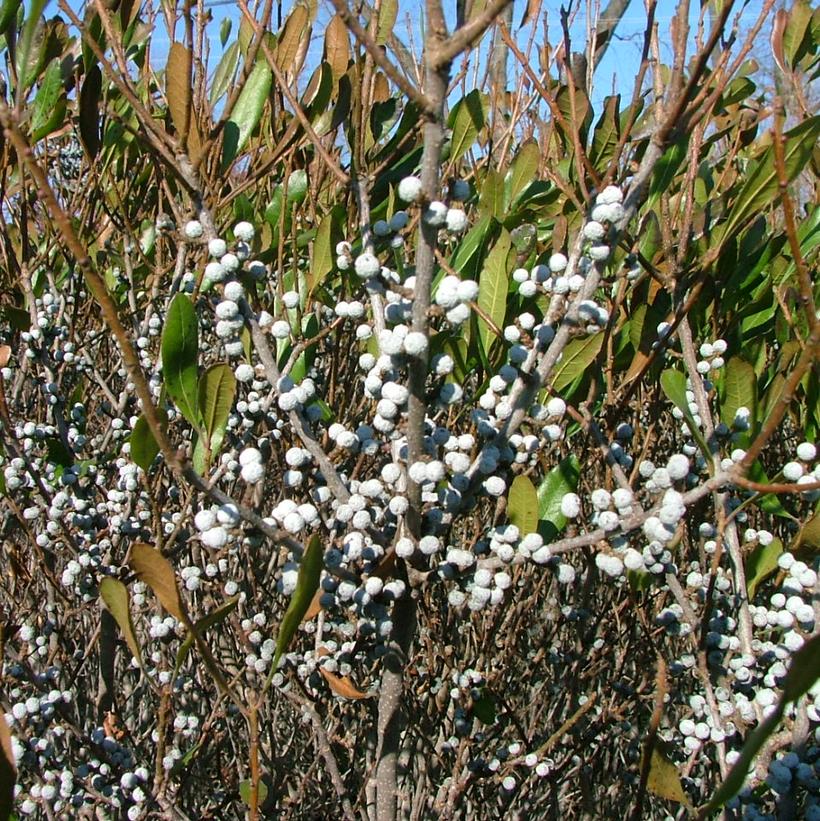

Myrica pensylvanica Bobee™
Bobee™ Northern Bayberry
- Also known as Morella pensylvanica
- Winter fruits of bayberry are eaten by songbirds, waterfowl, shorebirds, and marsh birds
- Provides nesting for songbirds and protection from predators
- Glossy, dark green summer foliage is fragrant when crushed
- Tolerates heat, drought, soil compaction, and salt
- Makes fragrant holiday decorations
- Tolerates a wide range of soil types

- Category: Shrub
- Alternate Cultivar: 'Bobzam'
- Breeder: American Beauties Native Plants
- Hardiness Zone: 3-7
- Height: 6-8 ft
- Spread: 6-8 ft
- Bloom Color: Green Shades
- Foliage Color: Green Shades
Purchase options for Bobee™ Northern Bayberry
- Size: 2 Gallon 15-18"
- Status: Sheared and/or Dormant
- Availability: Online
$58.00
- Size: 3 Gallon
- Status: Sheared and/or Dormant
- Availability: Online
$91.00
Success Starts With Soil
Fafard Premium Natural & Organic Compost
$12.99
Add To CartThis compact bayberry selection reaches just 6’ tall. The glossy foliage is larger than the species and has an attractive, leathery texture. It could be used in the garden as an informal hedge, or as a dark green backdrop to colorful borders. It is an absolute must for bird gardens attractingchickadees, red-bellied woodpeckers, tree swallows, catbirds, bluebirds, yellow-rumped warblers and more. Lovely combined with native roses (Rosa carolina), sweetfern (Comptonia peregrina), meadowsweet (Spiraea alba var. latifolia), and staghorn sumac (Rhus typhina). Tolerant of environmental stresses such as heat, drought, soil compaction and salt. A selection from Lake County Nursery
Attributes
| • | Native |
Foliage Color
| • | Dark Green |
Attracts Wildlife
| • | Attracts Songbirds |
Programs
| • | American Beauties Native Plants® |
Growing Tips for Myrica pensylvanica 'Bobee™'
Prefers an average, well-drained soil in full sun to part shade. Sandy, slightly acidic soil is best but these plants are adaptable to a wide range of soil types and moisture levels. Best planted in groups as a male plant is needed to pollinate female, fruit bearing plants.

